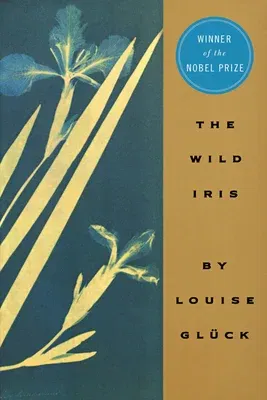The Wild Iris was written during a ten-week period in the summer of
1991. Louise Cluck's first four collections consistently returned to the
natural world, to the classical and biblical narratives that arose to
explain the phenomena of this world, to provide meaning and to console.
Ararat, her fifth book, offered a substitution for the received: a
demotic, particularized myth of contemporary family. Now in The Wild
Iris, her most important and accomplished collection to date, ecstatic
imagination supplants both empiricism and tradition, creating an
impassioned polyphonic exchange among the god who
"disclose[s]/virtually nothing", human beings who "leave/signs of
feeling/everywhere", and a garden where "whatever/returns from oblivion
returns/ to find a voice". The poems of this sequence see beyond
mortality, the bitter discovery on which individuality depends. "To be
one thing/is to be next to nothing", Cluck challenges the reader. "Is it
enough/only to look inward?" A major poet redefines her task--its
thematic obsessions, its stylistic signature--with each volume.
Visionary, shrewd, intuitive--and at once cyclical and apocalyptic--The
Wild Iris is not a repudiation but a confirmation, an audacious feat of
psychic ventriloquism, a fiercely original record of the spirit's
obsession with, and awe of, earth.

